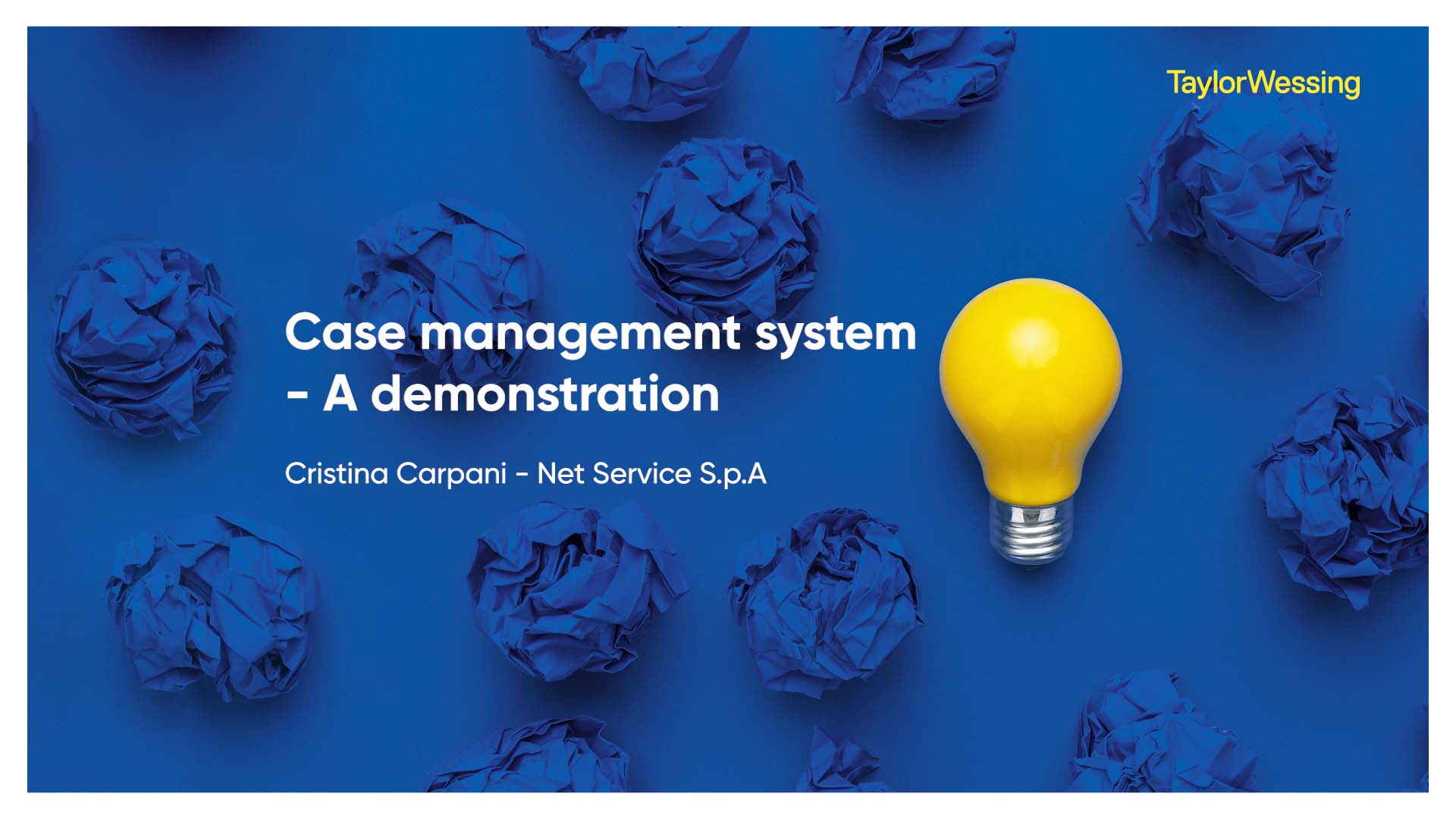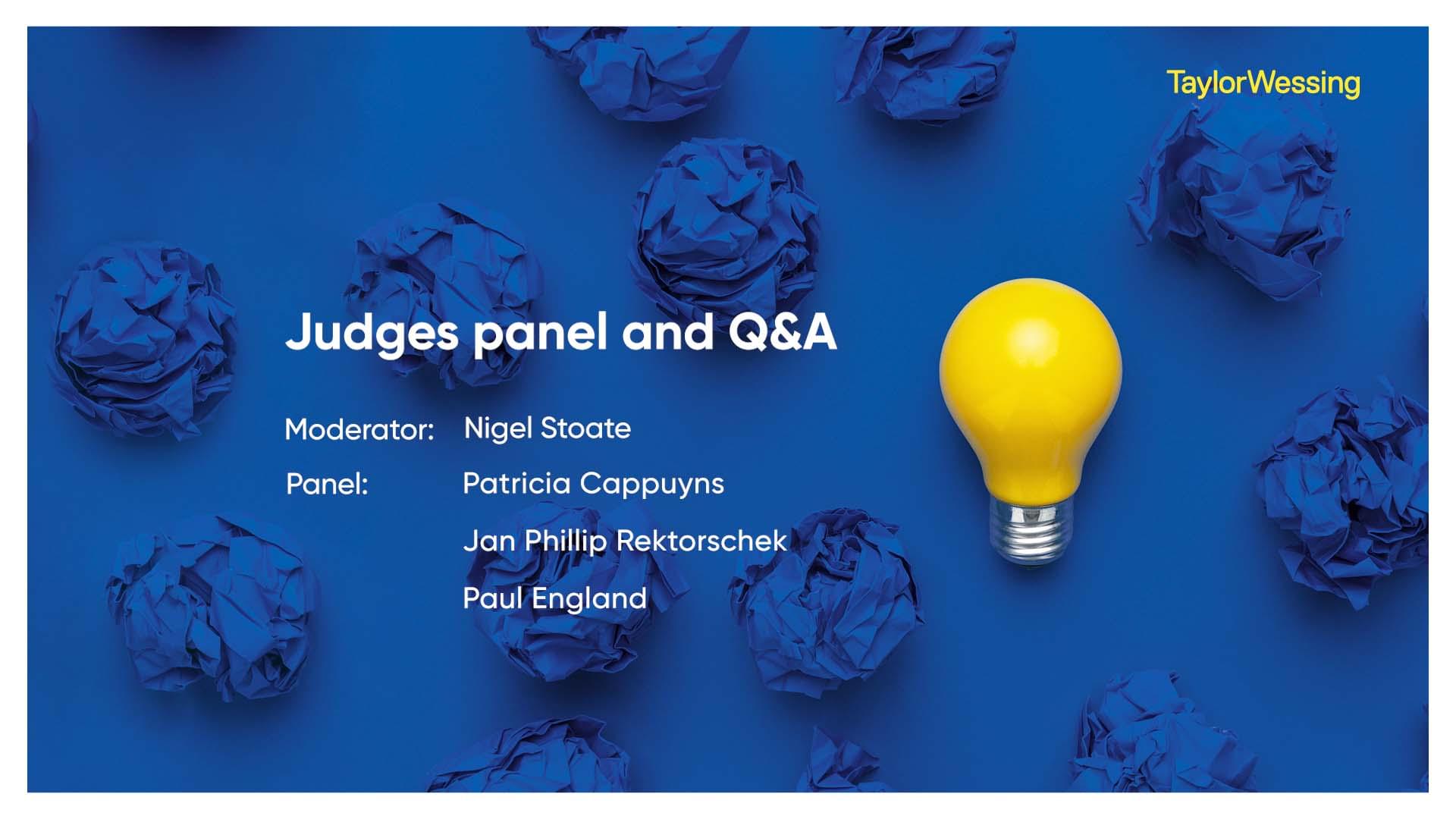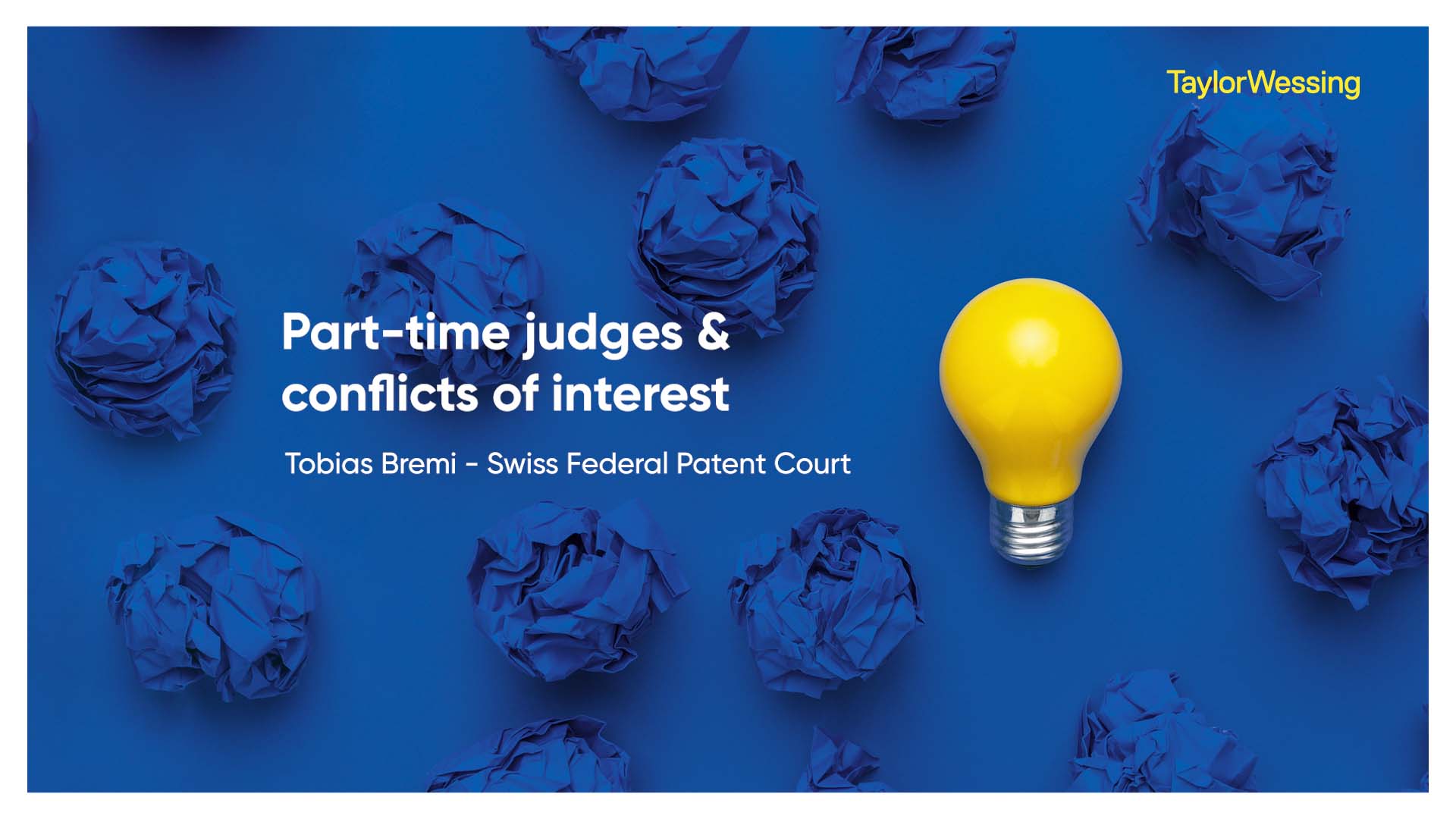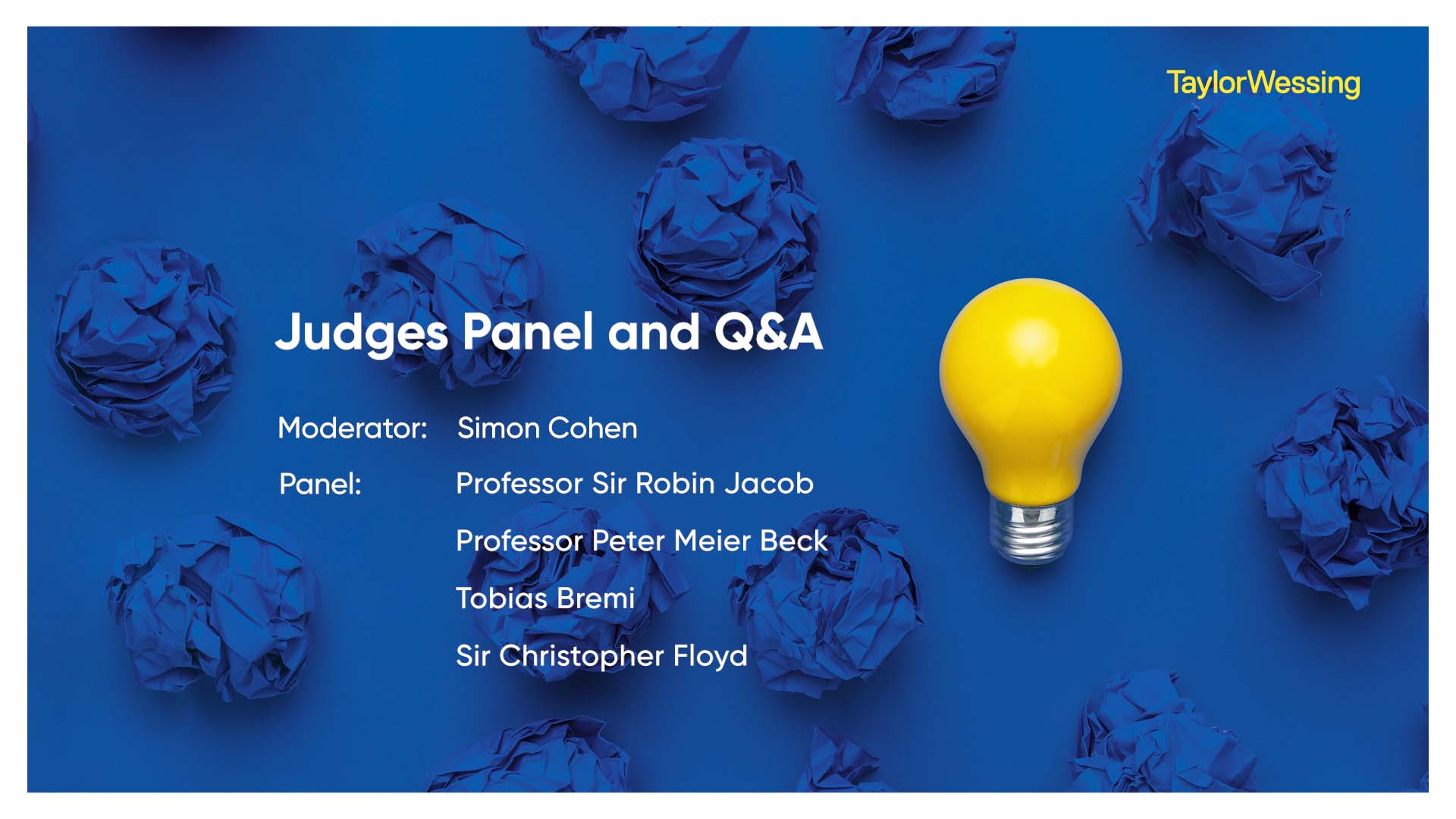Our experts
In collaboration with the UCL Institute of Brand and Innovation Law, we recently hosted a conference dedicated to the Unified Patent Court (UPC) ahead of its long-awaited opening in June 2023. The Unitary Patent (UP) and UPC will have a profound and lasting impact on the European patent landscape.
Covering key practical and strategic issues, our panel of experts helped with common questions around: opting out; the process for how and when to opt out; converting traditional European Patents rights into a UP; patent infringement possibilities at the UPC; and use of the UPC's case management system.
Recordings of each session are available to watch on demand below.
Session recordings

Introduction by Sir Robin Jacob
The UPC is the first court built around electronics and is also the first purpose-built court for patents with most national systems operating with adjustments for the needs of patent litigation. It remains to be seen if it will work but the focus of this conference is on how best to use the UPC and what potential issues might arise.

Opting out and litigation strategy
Opting out
- There hasn't been a flood of requests to use the UPC process, with clients and practitioners looking to each other on the issue of opting out, but there are rumours that some big players are opting in to the UPC system.
- The pharma industry is opting out of the UPC due to concerns over central revocation, but others are backing their patents if they have successfully defended attacks on those patents previously.
- There is no opt out fee so many clients are opting out initially with the view to spending money at the filing stages and then opting in after the patent grants and when the playing field is more developed.
Litigation strategy
Opting out narrows the forum options for litigating patent to just the national courts and while opting out can be withdrawn, it cannot be withdrawn if national litigation has commenced. There are several points that should be considered prior to opting out:
- Buying time: opting out gives the patentee time to decide if the UPC is the best option, this should not be seen as a lack of confidence in the process, but as a 'not yet' stance.
- Assessment of patent strength: opting out avoids the risk of central revocation and may be preferable for crown jewel patents.
- Current geographic coverage: the UPC is good if patents only cover a small geography, but since the UPC costs are front-loaded it may not the best option for patents with large geographical coverage.
- Patent family coverage: there is an ability to opt out only some patents within a particular family and leave others within the UPC system.
- Immediate business plans: the patentee must consider if the business can tolerate the levels of risk involved in the UPC system and the possibility of central revocation.

Case management system
- Since the court is the first fully digital court, a new case management system (CMS) has been specifically developed with a user-centric focus to provide a core platform and centralised IT governance. The CMS communicates via the web and mobile devices to external users, as well as communicating to external information systems.
- The system was designed with four central pillars: not to interfere with users; to work on a case-based workflow principle; for all documents to be stored and retrieved within the CMS and never sent outside of the system; and that data will only to be collected for statistical purposes.
- A demonstration of the CMS workflow system and an opt out application workstream was provided as part of this session.

Practice and strategy practitioners Q&A with Taylor Wessing's Dr Jan Philip Rekorschek, Patricia Cappuyns and Dr Paul England
- The UPC will be a one-stop shop for injunction decisions but the costs are quite high so this may prevent midsize companies litigating in the UPC.
- Clients are showing some hesitancy, particularly around central enforcement, but if they are confident about validity and infringement of their patents then making it a UP is a good option.
- Obtaining a preliminary injunction (PI) will involve meeting a high standard of rigour as is the case in other jurisdiction but the PI will be broader in its effect.

Part-time judges and conflicts of interest
- While the system of having technically qualified judges is good, there is the potential to have conflicts with judges who also work in patent law firms. These potential conflicts could block firms from taking on clients before, during or after a case.
- The court must be independent and impartial, but it is not necessary to show real bias, a reasonable appearance of bias is sufficient to bring about a conflict of interest.
- There was further exemplary discussion of Swiss conflict of interest case law which highlighted how conflicts could arise.

Judges Q&A with Sir Robin Jacobs, Sir Christopher Floyd, Prof. Meier Beck and Dr. Tobias Bremi
- In relation to party- or court-appointed experts, the court has the power to direct differently depending on the size of the case.
- In the judge's opinion there will not be much parallel litigation and the UPC will significantly replace trans-European litigation to produce less of a patchwork of decisions on substantially the same issue.
- In terms of possible arbitration and mediation, the UPC will simply provide another forum in which to arbitrate and will not provide additional opportunities.
- On the issue of bifurcation, the judges were clear that the UPC court can consider both infringement and validity and so it makes no sense to refuse to deal with both in the same proceedings.

The Unified Patent Court (UPC)
The UPC and Unitary Patent will introduce the most radical changes to patent litigation in Europe in 40 years.
Read our guide to the UPC